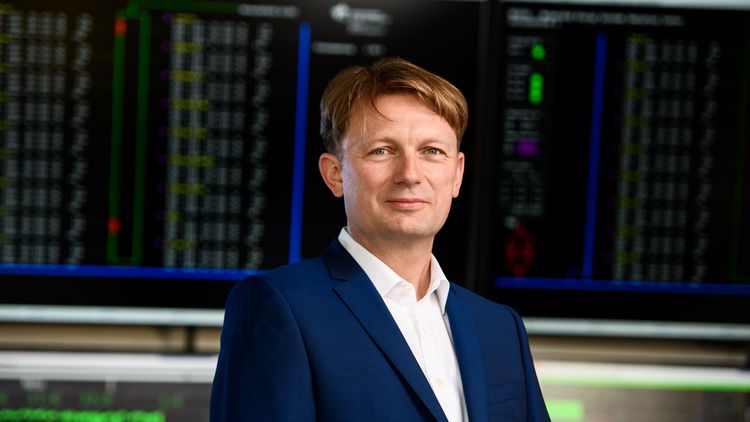The "Infrastructure and System Integration" cluster of the German Hydrogen Research Network discussed the market ramp-up of a German hydrogen infrastructure by 2030 at their meeting in November, 2023, in Oldenburg.
In the preparations for the market ramp-up of a German hydrogen infrastructure by 2030, the integration of large-scale storage capacities must be given greater focus than before. Extensive technical and system-analytical research efforts are still required for this, summarised the "Infrastructure and System Integration" cluster of the German Hydrogen Research Network at its meeting on November 27 and 28, 2023 in Oldenburg, Lower Saxony. According to the experts, concepts for integrated planning in the development of the hydrogen infrastructure, for the conversion of the natural gas infrastructure for hydrogen and for adjustments to the regulatory framework are also increasingly needed to ensure a successful market ramp-up.
The main topic of the fourth cluster meeting, which was attended by around 70 participants, was a comprehensive bottleneck analysis of the existing plans for the H2 market ramp-up. A wide range of system aspects, from international ship-based hydrogen transport to pipeline transport in the distribution grids, were discussed in keynote speeches and subsequent analysis of how they interact with each other. A special focus was placed on the storage infrastructure: "This is where we see a potential bottleneck in infrastructure planning," said Institute Director Prof. Dr. Carsten Agert, who, together with Dr. Urban Keussen (Chief Technology Officer of Oldenburg-based EWE AG), acts as spokesperson for the "Infrastructure and System Integration" cluster. "A sharp increase in storage requirements for hydrogen is forecast for the period from 2030, which could rise to up to 105 terawatt hours by 2045. By comparison, the theoretical conversion potential of all current natural gas storage facilities is 35 to 50 terawatt hours". There is therefore a need for long-term storage planning, as the construction of a cavern takes three to five years - plus planning, approval and commissioning.
Text by: DLR.




